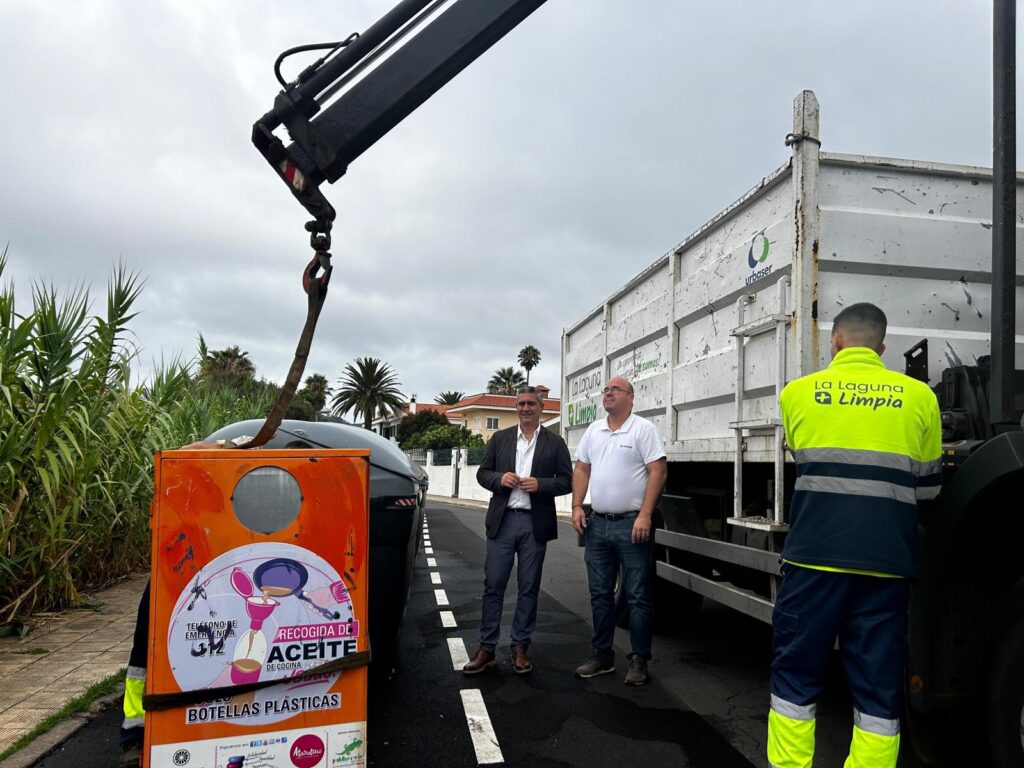
GF Hotels, part of the Fedola Group, is dedicated to sustainable growth where people are the driving force to achieve the United Nations’ 17 Sustainable Development Goals (SDGs). This hotel chain started working on sustainability 15 years ago and already achieved a 63% reduction in its carbon footprint by 2023. Actions taken to reach this goal include reducing energy, water, and paper consumption, eliminating single-use plastics, and reducing chemical products.
GF Victoria, GF Gran Costa Adeje, GF Fañabé, GF Isabel, and GF Noelia, all located on the island of Tenerife, were the first hotel establishments belonging to a Canary Islands hotel chain to join the United Nations Global Compact, the largest and most cutting-edge corporate social responsibility initiative on the planet to combat global warming.
Currently, the chain is actively working on reducing food waste in buffets. They were the first hotel group to implement a predictive production system that allows them to know the amount of food being wasted in their buffets. This tool applies an artificial intelligence system that reduces and adjusts food production served to guests based on their nationality, age, gender, and time of year. With a database of over one hundred thousand photos, the initial results show a 70% reduction in some foods.
GF Hotels Operations Director, Juan Carlos de León, explains that much of the success can be attributed to the significant effort made to measure activity in all possible spaces: “This is the central starting point to then make decisions that help achieve the objectives. We cannot rest on our laurels, this is an ongoing race,” says De León.
Furthermore, the chain is working on a circular economy project driven by Ashotel and Asaga, where they transfer their waste to a composting plant. This way, they utilise the organic matter produced in their hotels to regenerate soil and agricultural estates for improved agricultural production and subsequent local supply, ultimately contributing to a circular economy.
By reducing water, energy, and paper consumption; using fewer chemical products, and eliminating single-use plastics, they reduced their carbon footprint by 63% in 2023
[–>
GF Gran Costa Adeje contributed 31 tonnes of biowaste in the last quarter, transformed into 14 tonnes of compost. This equates to a reduction of 17 tonnes of CO2 annually.
The chain is also focusing on reducing water consumption through initiatives such as changing aerators and implementing smart irrigation in gardens.
The implementation of the laundry facility is another example of energy efficiency, providing better process control and servicing the four hotels in the Costa Adeje area. In 2012, 21 litres of water were needed per kilogram of laundry, and with this installation, consumption has been reduced by over 80%.
GF Hotels was the first hotel chain in Europe and the third in the world to obtain ISO 21401:2019 certification for meeting the environmental, social, and economic requirements of the sustainability management system for tourist accommodations. This regulation ensures GF Hotels’ involvement in activities that promote responsible, sustainable tourism that respects the environment.
[–>
GF Hotels is part of a large business family, the Fedola Group, a corporation with over 65 years of history and one hundred per cent Canary Island capital, which includes more than 22 brands across various productive sectors in the archipelago.
Subscribe to continue reading
















